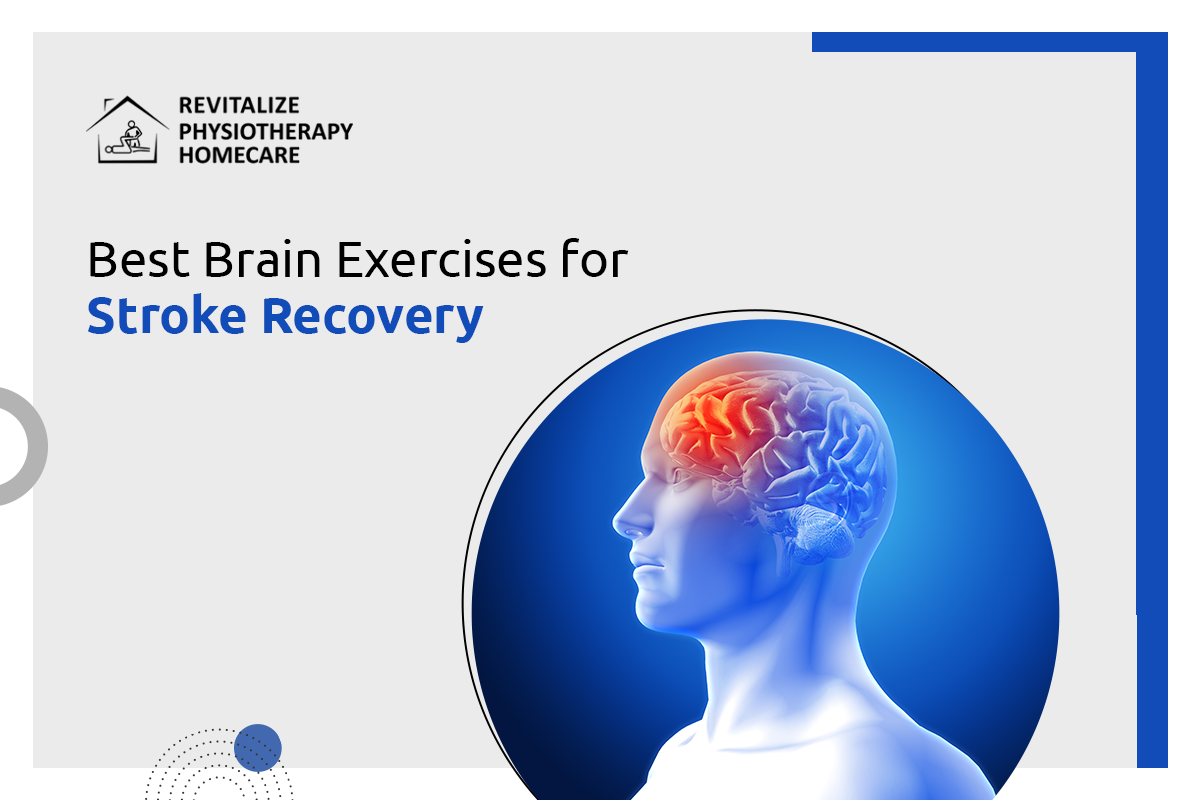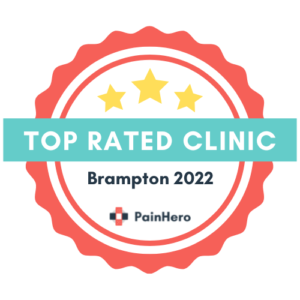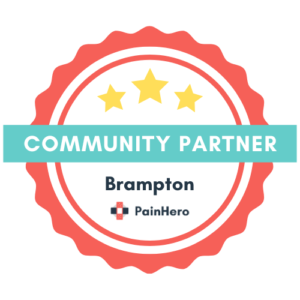Best Brain Exercises for Stroke Recovery
Brain exercises can aid in stroke recovery by promoting the growth of new neural connections in the brain. Stroke can cause damage to the brain, resulting in physical and cognitive impairments.
Brain exercises can help to stimulate the brain and improve function in areas affected by the stroke. Memory exercises can improve memory and attention skills. Cognitive stimulation activities like crossword puzzles can keep the brain active and engaged.
Brampton Physiotherapist also suggests motor skill exercises. It can improve physical function and coordination. Whereas speech and language exercises can improve communication skills.
It's essential to note that the brain exercises for stroke recovery depend on the person. Post-Surgical Rehabilitation Brampton can give personalized plans that include effective brain exercises.
In this blog, we will be discussing a few cognitive activities that will facilitate the restoration process of stroke.
7 Effective Brain Exercises for Stroke Recovery
1. Play a few board games
Board games can aid in stroke recovery by promoting cognitive, social, and motor skills. Stroke can cause damage to the brain, resulting in various physical and cognitive impairments. Board games provide a fun and engaging way to work on various areas of recovery.
Cognitive skills can be improved through board games that require strategic thinking, memory, and problem-solving skills. Playing games like chess, scrabble, and card games can help to improve cognitive function, memory, and attention skills.
It is important to note that not all board games may be suitable for stroke recovery. Some games may be too challenging or require too much physical or mental effort. It is essential to consult with a healthcare professional for mobile physiotherapy and guidance.
2. Memory games
Memory games can be a useful tool in stroke recovery by improving cognitive function, attention, and memory skills. Stroke can cause damage to the brain, resulting in various cognitive impairments, including memory loss and attention deficits.
Memory games, such as word association games, matching games, and memory card games, can help to stimulate the brain and improve memory function. These games require players to remember information, such as images or words, and recall them later.
3. Solving puzzles
Solving puzzles can be beneficial for stroke recovery.
Puzzles such as crossword puzzles, Sudoku, and jigsaw puzzles, can help to stimulate the brain and improve cognitive function. These games require players to use problem-solving skills, memory, and attention to complete the puzzle.
Solving puzzles can also help to improve memory function by requiring players to remember information, such as words or patterns, to solve the puzzle.
4. Cook and strive for new recipes
Cooking can be a helpful activity for stroke recovery as it promotes physical, cognitive, and social skills.
Cooking involves a range of physical movements, such as chopping, stirring, and lifting, which can help to improve motor skills and hand-eye coordination. These physical movements can be beneficial for individuals who have experienced physical impairments, such as weakness or paralysis, as a result of stroke.
Cooking can also provide cognitive stimulation by requiring individuals to follow recipes, measure ingredients, and keep track of cooking times. This can help to improve memory, attention, and problem-solving skills.
5. Art remedy
Art activities, such as painting, drawing, or sculpting, can help to improve cognitive function, attention, and memory skills. These activities require individuals to focus on the task at hand, which can improve attention and concentration. Additionally, creating art can help to improve memory function by requiring individuals to remember information, such as color schemes or shapes.
Art can also promote physical skills by requiring individuals to use their hands and fingers, which can help to improve fine motor skills and hand-eye coordination.
6. Dance
Dance can be a helpful activity for those who want to recover from stroke. It can help to promote physical skills by improving balance, coordination, and mobility. It can help to improve gait and reduce the risk of falls.
Additionally, dance can provide cardiovascular exercise. This can be beneficial for individuals who have experienced physical impairments, such as weakness or paralysis, as a result of stroke.
Additionally, dance can require individuals to think creatively. This can improve cognitive function and attention. Furthermore, dance also provides emotional benefits, such as relaxation and stress reduction. It can provide an outlet for self-expression, which can improve mood and reduce feelings of depression and anxiety.
7. Meditating religiously
Meditation can be a beneficial complementary therapy for stroke recovery. But it is important to note that it should not be used as a replacement for medical treatment.
Stroke is a serious medical condition that occurs when blood flow to the brain is interrupted, which can result in brain damage or death. Stroke recovery requires a comprehensive approach that includes medical treatment, rehabilitation, and lifestyle modifications.
Meditation can be helpful in stroke recovery as it reduces stress, promotes relaxation, and improves mood.
Stress is a common risk factor for stroke, and reducing stress can help prevent future strokes. Meditation has been shown to lower blood pressure, reduce anxiety, and improve overall well-being, which can all aid in stroke recovery.
Takeaway
For all the stroke survivors, mind-physical activities are simply one element of healing. Other therapies can also assist you to get better abilities that can be impaired after a stroke. But working on yourself dedicatedly can heal the best!
These exercises can assist you to regain your older self back. They also assist with the emotional healing that frequently follows a stroke.
At Revitalize Physiotherapy and Homecare, we offer the best physiotherapy at home and Neurological Rehabilitation Service Brampton.
Call for an appointment and book our inhome physiotherapy service right away!




